Talking to Tien Phong, National Assembly delegate Truong Trong Nghia (Ho Chi Minh City Delegation) expressed his appreciation and agreement with the opinion of General Secretary Nguyen Phu Trong raised at the National Cultural Conference on the importance of culture for the development of the country in general and in human ethics in particular, including ethics and culture of cadres and leaders at all levels.
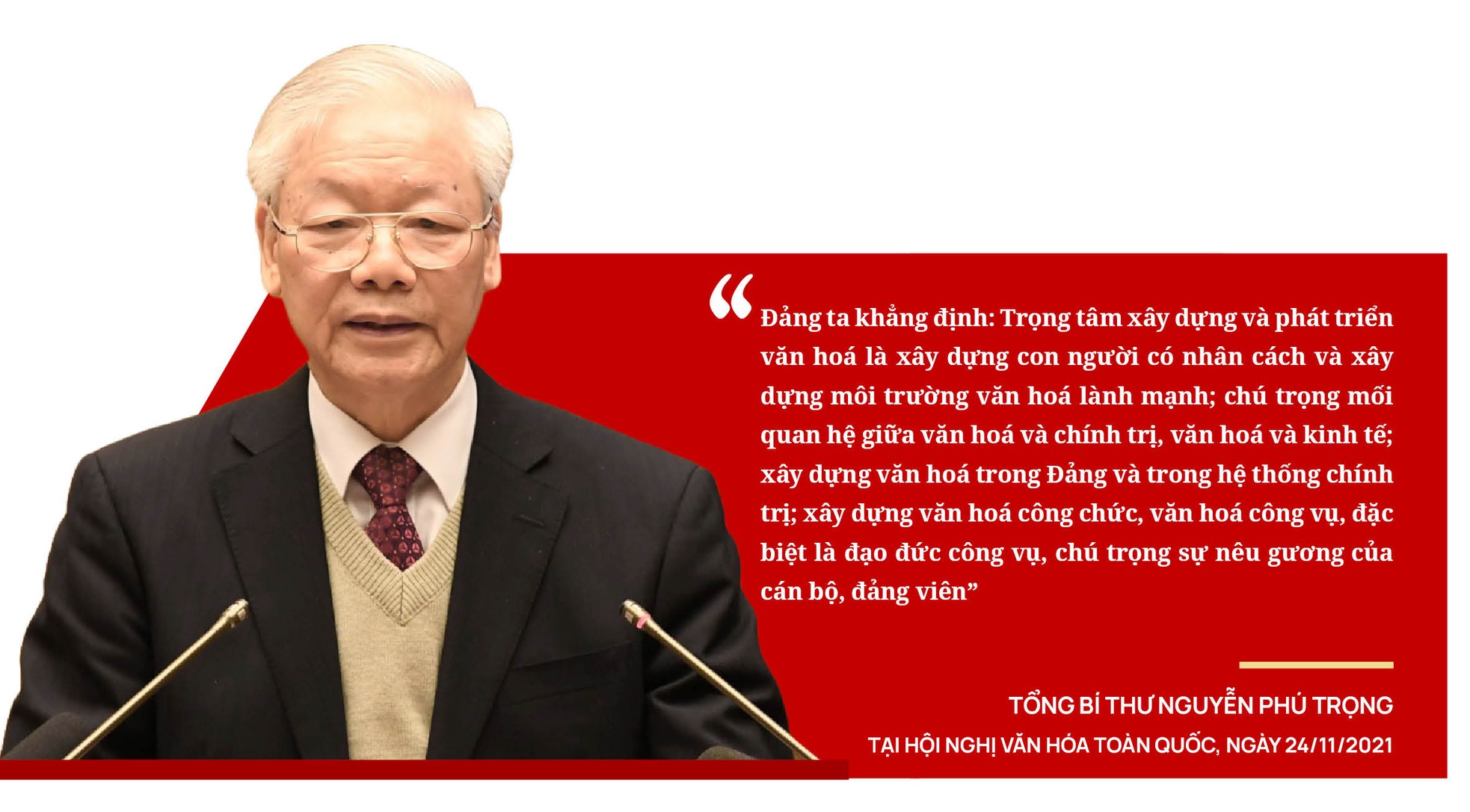 |
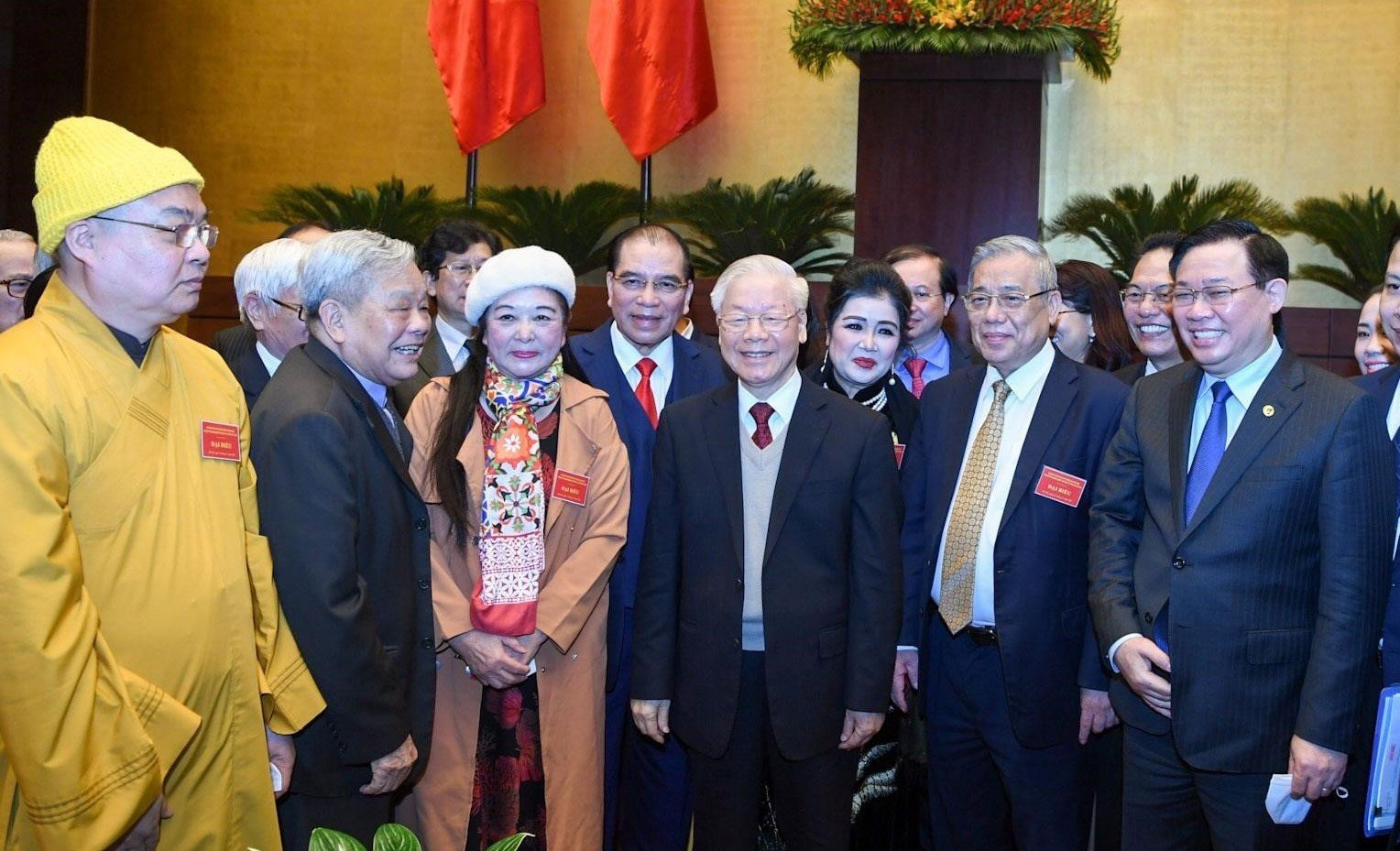 |
| National Cultural Conference |
Mr. Nghia shared that when talking about law violations, voters and people said that, for a normal person, the cause of law violations could be due to limited capacity, lack of education, lack of understanding of the law, or difficult family circumstances... leading to the path of crime. But here, a group of officials with positions and power who are not lacking or poor, but still corrupt and accept bribes even during the COVID-19 pandemic, "is truly unacceptable. Only people who are culturally and morally degraded would do that," Mr. Nghia expressed.
 |
According to Mr. Nghia, culture and ethics are closely related. Culture is the environment that forms, nurtures and influences ethics. A healthy, advanced and high-quality cultural environment will help maintain and enhance good human ethics in society. Culture and ethics are related to many levels, including cadres, party members, civil servants, from leaders, heads to executive levels.
Reality in recent times shows that cultural and moral degradation has occurred in a significant number of cadres and party members. It is manifested in many forms and ways such as corruption, negativity, bribery, and the pursuit of positions and power. More worryingly, this degradation has occurred even among very high-ranking cadres. “Therefore, we must find and explain why there has been recent degradation in a number of cadres in the public sector? The urgency of reviving culture and morality in the public sector is reflected in that,” said Mr. Nghia.
The National Assembly Delegate of Ho Chi Minh City affirmed that the more the country develops in terms of economy and living standards, the more it must pay attention to culture and ethics, including the culture and ethics of officials in the public apparatus. The lifestyle, behavior, and conduct of this group of officials - as managers - have a great impact, causing long-term consequences on the culture and ethics of society in general and of each agency and unit - where they work in particular. In particular, their bad behavior and bad deeds can affect the thoughts, feelings, and thinking of the younger generation, including young officials, on their beliefs and future orientation in society.
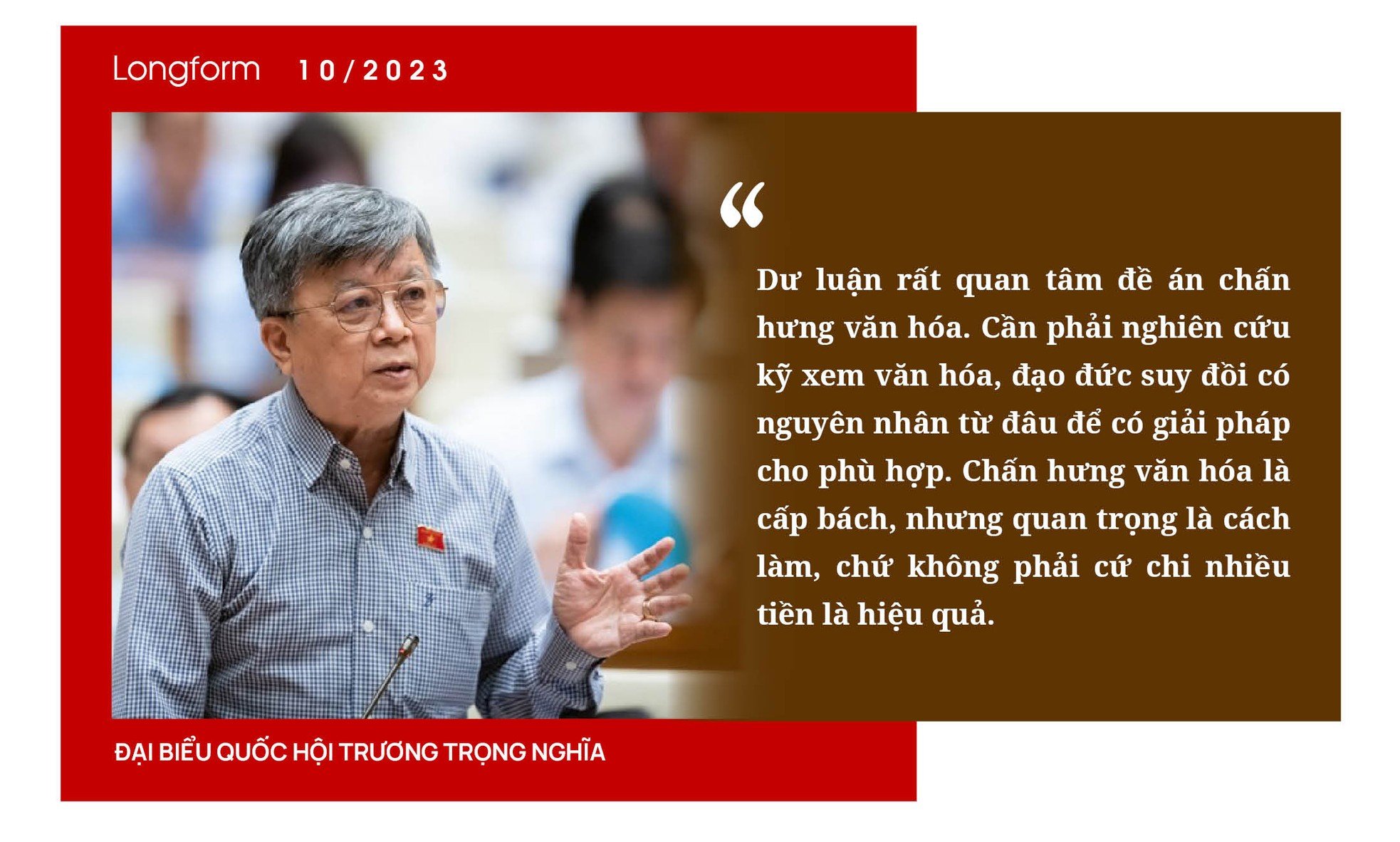 |
Specifically, according to Mr. Nghia, there are two directions of impact: First, officials will look at and follow those elders and predecessors, then try to "run" into the State, try to "run" for positions, "run" for power, and take advantage of opportunities for corruption and negativity; second, some people will be discouraged, lose faith in the public apparatus, and thus have no motivation to advance and serve society through public service.
These impacts, according to Mr. Nghia, pose many potential risks to the country's development. "When it comes to the situation of cultural and ethical degradation of officials, people often seem to take it more lightly than violations of the law. For example, officials and civil servants who harass or condescend to the people, or are culturally weak in work and social relationships, are only lightly evaluated and criticized, or ignored, without seeing those behaviors and conduct as manifestations of the qualities of officials. "Those "public servants" are "revolutionary officials", as Uncle Ho called them, not servants of the people. If not promptly corrected, those small mistakes and violations will develop into crimes, causing damage to the State's property and money and losing the people's trust in the Party and the State," Mr. Nghia warned.
 |
Affirming that the Party and the State have clearly recognized the moral and ideological degradation of a number of cadres and party members and have a very clear attitude in fighting and handling it, Mr. Nghia said that more than a year ago, the Party decided to add the function of preventing and combating negativity to the Central Steering Committee on Anti-Corruption (now the Central Steering Committee on Anti-Corruption and Negativity). At the same time, the Party also decided to establish a provincial Steering Committee on Anti-Corruption and Negativity. Therefore, the important issue at this time is to further promote the role of the above agencies in advising and directing the work of fighting, preventing and pushing back corruption, negativity and moral and ideological degradation in a number of cadres and party members more effectively.
“The trust result is a factor for planning, promoting and appointing cadres, so there should be a good warning about the awareness, responsibility, public ethics, lifestyle and exemplary responsibility of party members and cadres…”, Vice Chairman of the Vietnam Fatherland Front Committee of Quang Binh province Tran Quang Minh expressed.
In addition, one of the warning tools to help officials "self-reflect", "self-correct", and overcome weaknesses and shortcomings in directing, operating, and performing public duties is to conduct a vote of confidence for those holding positions elected and approved by the National Assembly and People's Councils. According to National Assembly delegate Ta Thi Yen, Deputy Head of the Delegation Affairs Committee under the National Assembly Standing Committee, during this term, the responsibility to set an example, the exemplary conduct of the person being voted on and his/her spouse and children in complying with the State's policies and laws has been included as a criterion for taking a vote of confidence. According to her, this is one of the important criteria to assess the trust of those holding leadership and management positions in the political system, and is the concretization of Ho Chi Minh's thought and the Party's policy on personnel work.
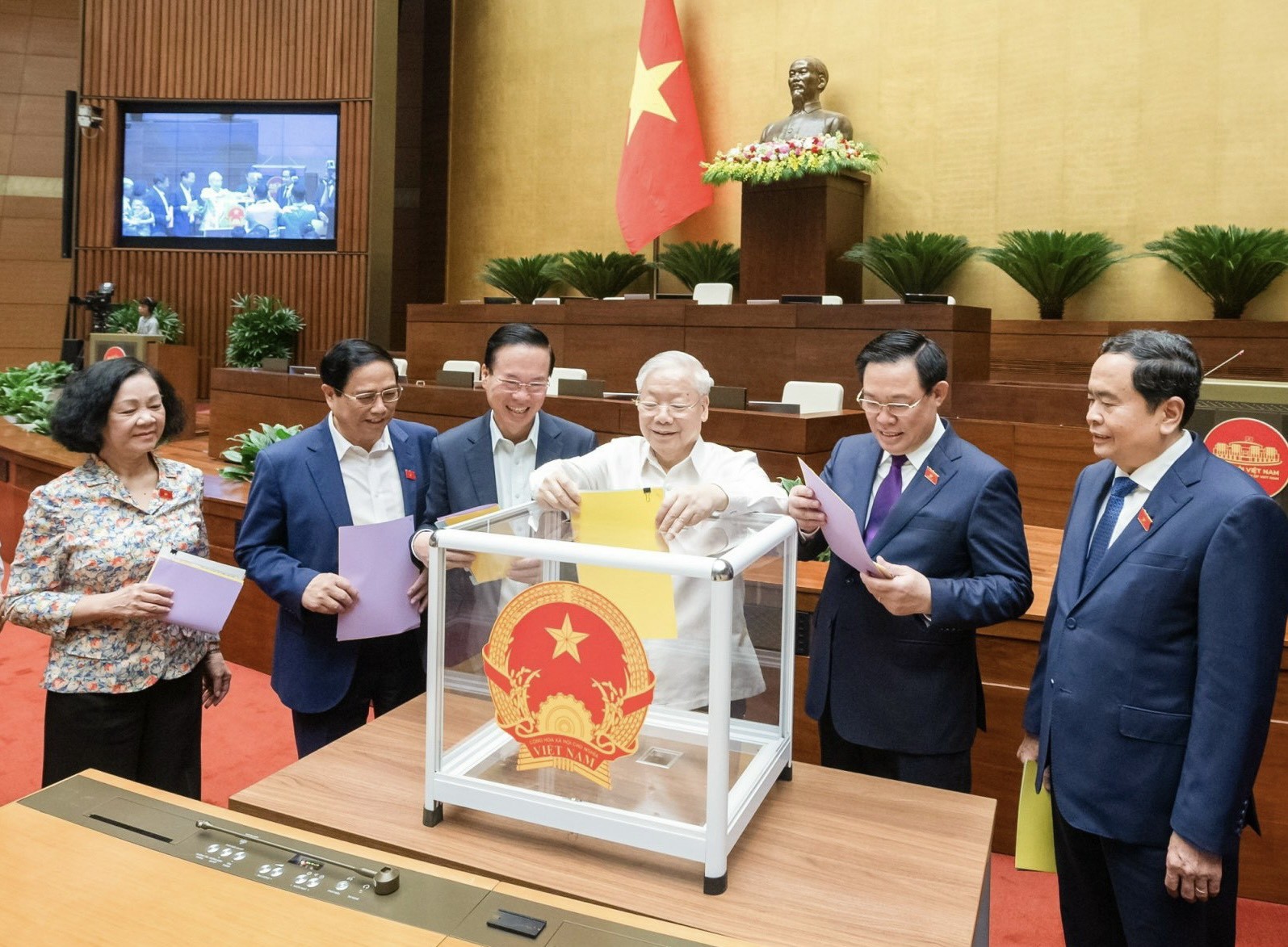 |
The National Assembly voted for 44 leadership positions at the 6th session. |
“In addition to the strong message of considering removing from the planning for higher positions; considering removing from positions, assigning to other jobs or resigning; or voting for confidence in those with low confidence votes, Regulation No. 96 issued by the Politburo also provides regulations on removing from the current position and assigning to other (lower) jobs without waiting until the end of the term or appointment period in cases where more than 2/3 of the votes of confidence are low. This regulation promotes the power of the vote of confidence that has not existed before,” National Assembly delegate Ta Thi Yen acknowledged.
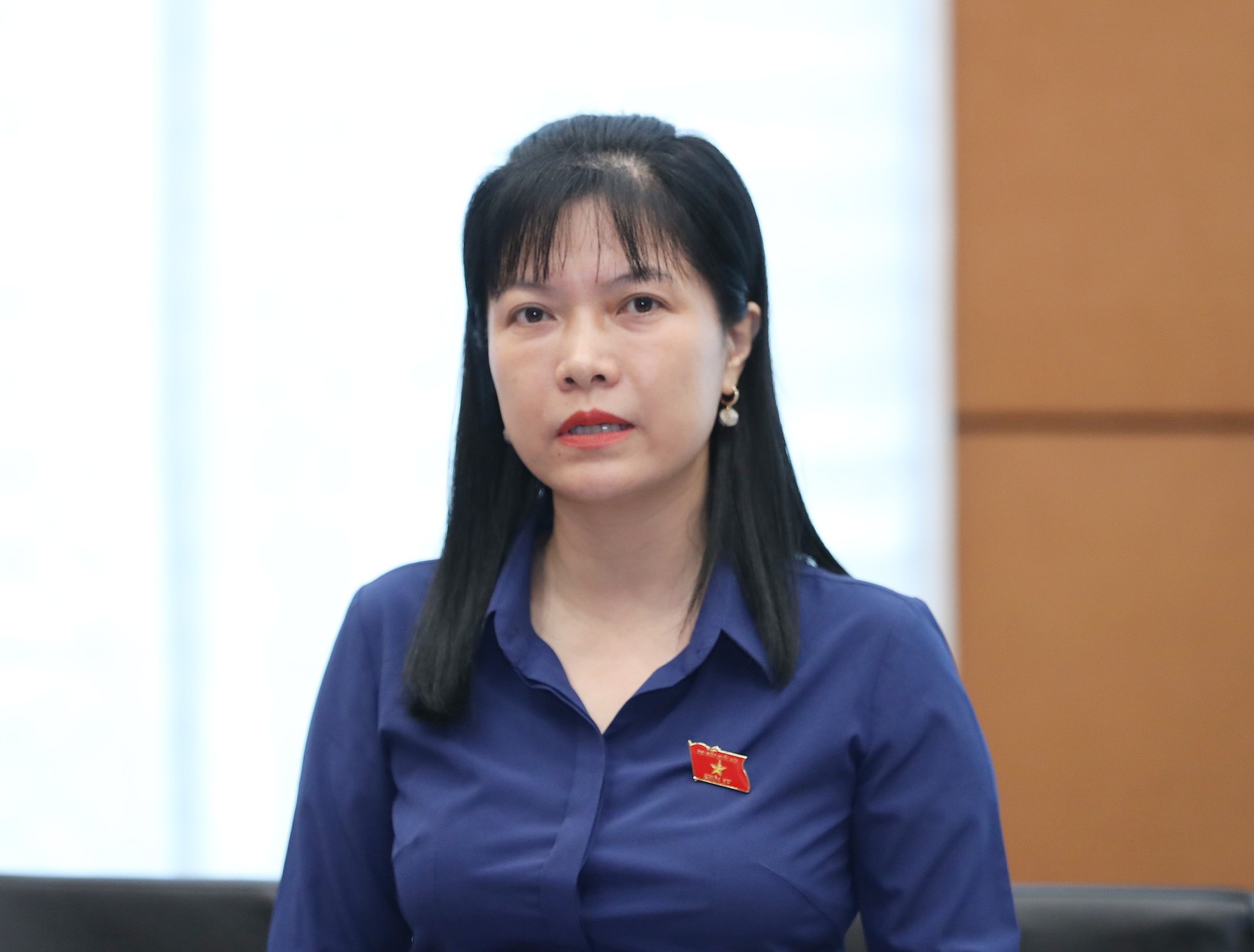 |
National Assembly Delegate Ta Thi Yen |
Meanwhile, Vice Chairman of the Vietnam Fatherland Front Committee of Quang Binh province Tran Quang Minh assessed that the results of the vote of confidence are one of the important bases for doing a good job in personnel work, to arrange more appropriately according to the strengths and abilities of each person. "The result of the vote of confidence is a factor for planning, promoting and appointing cadres, so there should be a good warning about the awareness, responsibility, public ethics, lifestyle and exemplary responsibility of party members and cadres...", Mr. Minh expressed.
Appreciating this, delegate Pham Van Hoa said that, in addition to serving the supervision work from now until the end of the term, the results of the vote of confidence are also an "important measuring stick", an important basis to better serve the work of planning cadres in the coming term. "Cadre planning is "dynamic, open" and "in and out". Therefore, in cases of high confidence, it should be considered an important basis for consideration and inclusion in the planning, conversely, in cases of low confidence, it should also be considered for exclusion from the planning", Mr. Hoa expressed his opinion, at the same time emphasizing the view that "Honor is the most sacred and noble thing" that the General Secretary has mentioned many times.
 |
Along with the above solutions, recently, the Party has issued a series of new regulations to more specifically define behavior, tighten control and evaluation of cadres, party members, leaders... Dr. Nguyen Thi Thanh Dung, Institute of Political Science, Ho Chi Minh National Academy of Politics, said that controlling and evaluating cadres is extremely important. "To properly evaluate cadres, there must be monitoring tools and effective measures," said Dr. Nguyen Thi Thanh Dung.
To overcome the limitations in this work, on October 4, 2023, the Politburo issued Regulation 124 on annual quality review, assessment and classification of collectives and individuals in the political system . The regulation clearly states that individuals holding leadership and management positions must clearly review their dynamism, innovation, creativity, daring to think, daring to do, daring to take responsibility; handling difficult, complicated and sensitive issues in performing their duties.
In addition, we must review our own and our family's exemplary responsibilities; the fight against corruption, waste, negativity, and the trust of party members and officials...
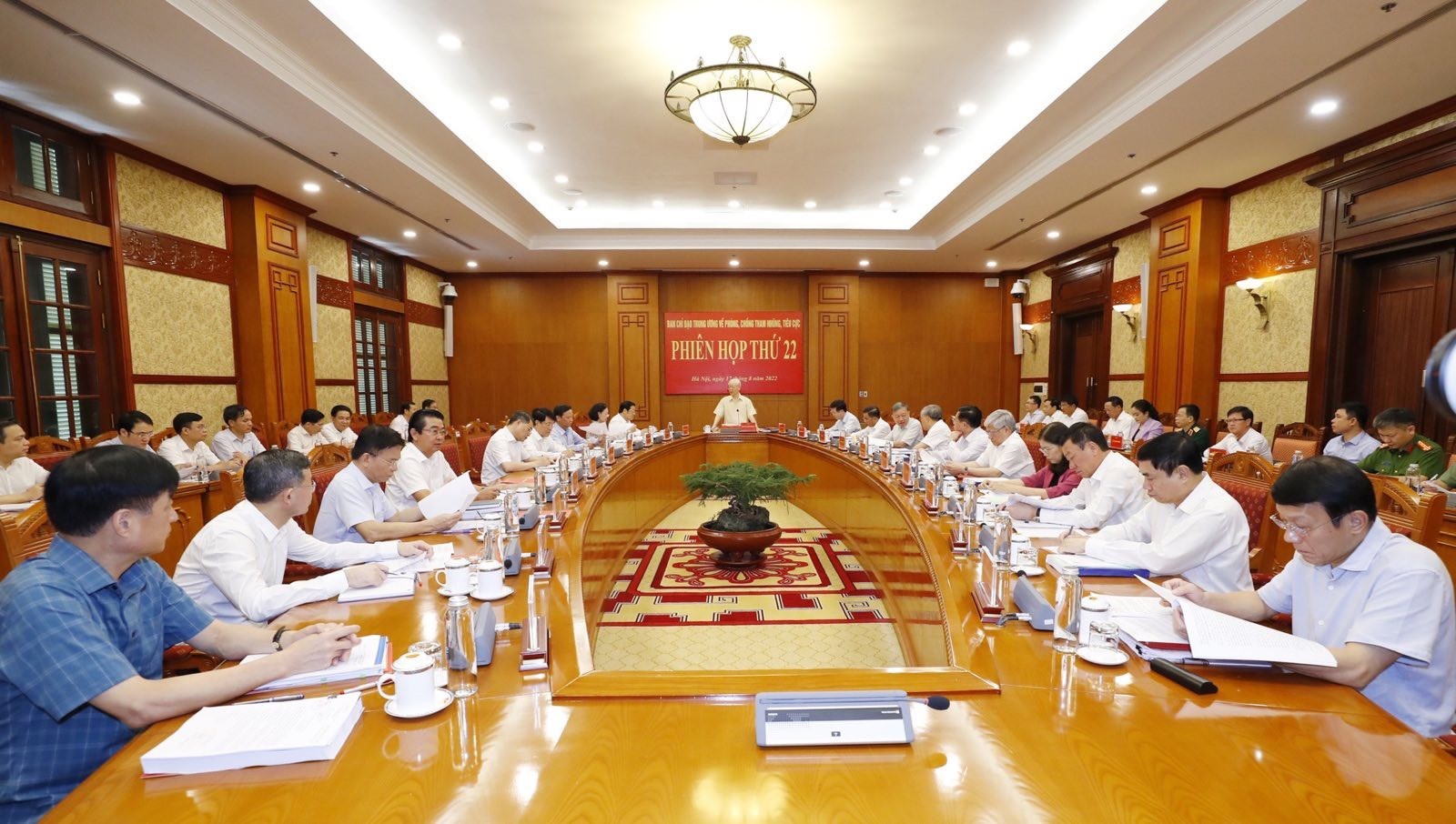 |
General Secretary Nguyen Phu Trong chairs the meeting of the Central Steering Committee on preventing and combating corruption and negativity. |
Another expert from the Ho Chi Minh National Academy of Politics analyzed: Regulation No. 124 of the Politburo emphasizes: Individuals holding leadership and management positions must clearly review their spirit of dynamism, innovation, creativity, daring to think, daring to do, daring to take responsibility; handling difficult and complicated issues. This is a hot, topical requirement, a demand arising from the country's development practices. "As we know, in recent years, a series of areas have encountered difficulties such as bidding for medical equipment, public investment, bond issues, real estate... greatly affecting socio-economic development. There are many reasons, but one of them is the fear of making mistakes, not daring to do, and avoidance of many state officials and leaders of functional agencies," the expert expressed.
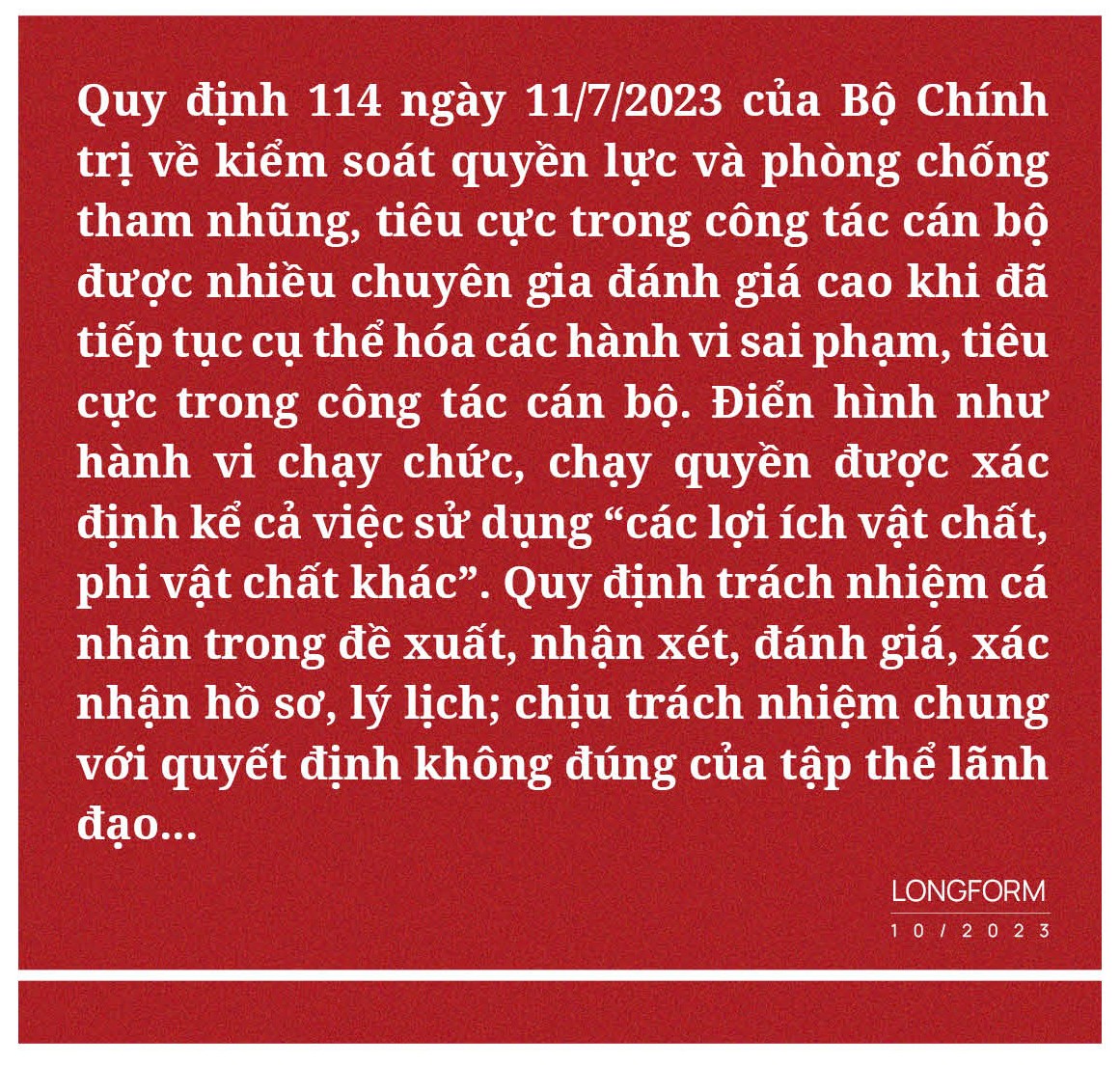 |
A recent new point in tightening regulations to evaluate officials more objectively and accurately is to control the declaration of assets of officials and party members.
Commenting on the recent disciplinary action against Ben Tre Provincial Party Secretary Le Duc Tho, Dr. Dinh Van Minh, former Director of the Legal Department, Government Inspectorate, said: This is the first time a senior official has been disciplined for dishonestly declaring assets and income, one of the acts considered negative according to Party regulations. Although the declaration to control assets and income has been implemented since the 1998 Anti-Corruption Ordinance, this measure has always been considered ineffective, and at times has even been assessed as "heavily formalistic".
“People and voters often ask: why is it that the guidelines, policies, and standards are correct, the process goes through many steps and levels, but when appointing people, they do not detect violations and cultural and ethical weaknesses? When violations are detected, they are indecisive and slow to handle. Cases and incidents that have occurred in recent times have revealed that,” said National Assembly delegate Truong Trong Nghia.
 |
Source


![[Photo] General Secretary To Lam receives French Ambassador to Vietnam Olivier Brochet](https://vstatic.vietnam.vn/vietnam/resource/IMAGE/2025/4/17/49224f0f12e84b66a73b17eb251f7278)
![[Photo] National Assembly Chairman Tran Thanh Man meets with outstanding workers in the oil and gas industry](https://vstatic.vietnam.vn/vietnam/resource/IMAGE/2025/4/17/1d0de4026b75434ab34279624db7ee4a)

![[Photo] Nhan Dan Newspaper announces the project "Love Vietnam so much"](https://vstatic.vietnam.vn/vietnam/resource/IMAGE/2025/4/17/362f882012d3432783fc92fab1b3e980)
![[Photo] Closing of the 4th Summit of the Partnership for Green Growth and the Global Goals](https://vstatic.vietnam.vn/vietnam/resource/IMAGE/2025/4/17/c0a0df9852c84e58be0a8b939189c85a)
![[Photo] Promoting friendship, solidarity and cooperation between the armies and people of the two countries](https://vstatic.vietnam.vn/vietnam/resource/IMAGE/2025/4/17/0c4d087864f14092aed77252590b6bae)






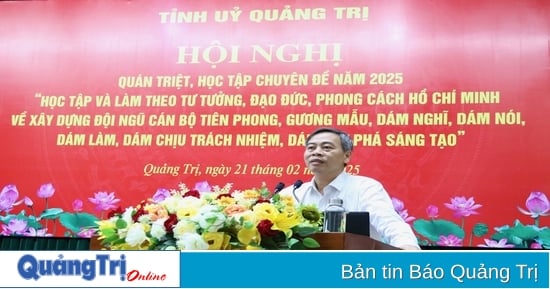

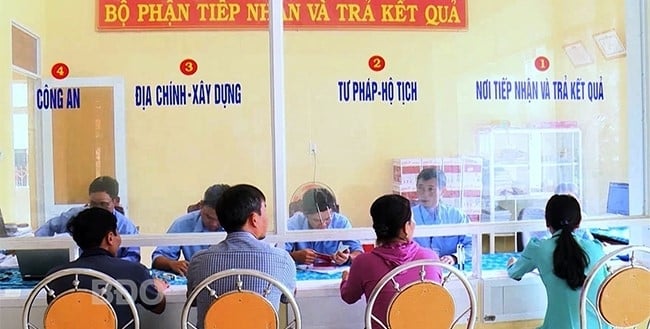
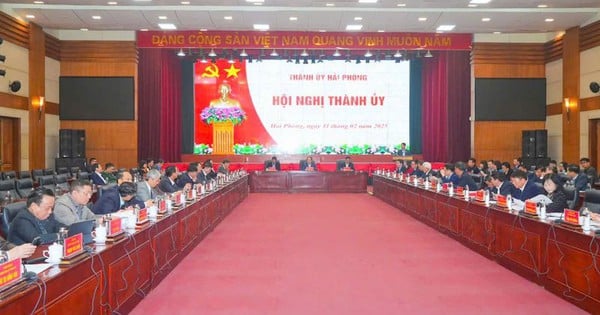
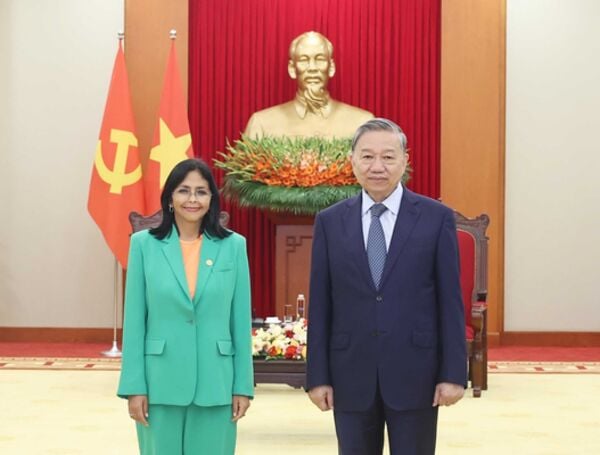


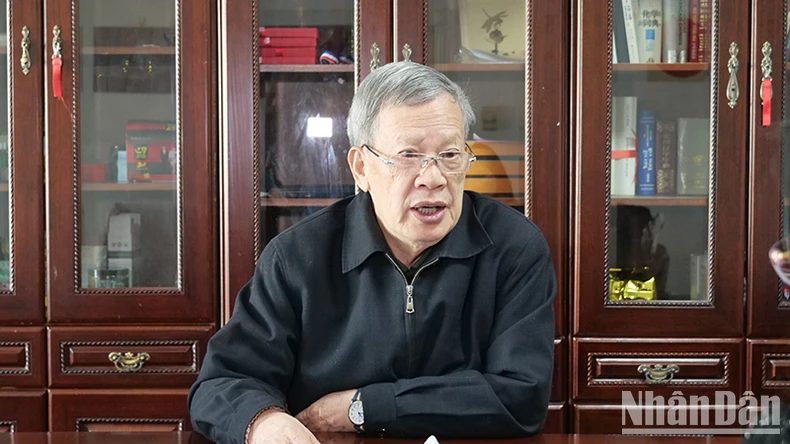

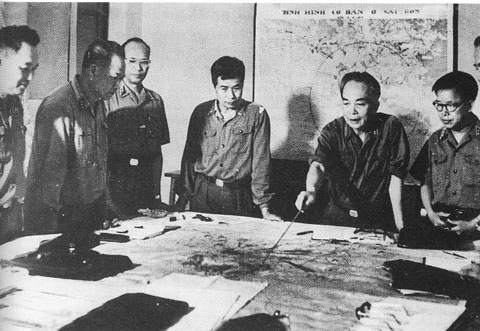






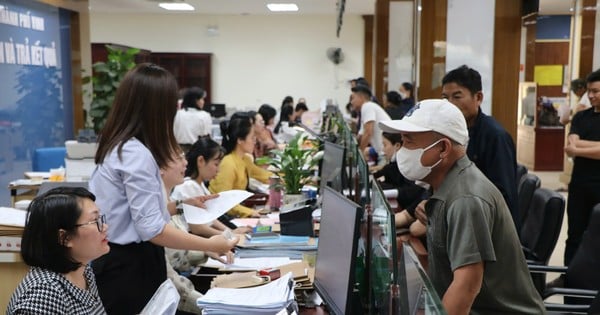



![[Photo] Welcoming ceremony for Chinese Defense Minister and delegation for friendship exchange](https://vstatic.vietnam.vn/vietnam/resource/IMAGE/2025/4/17/fadd533046594e5cacbb28de4c4d5655)




























![[Video] Viettel officially puts into operation the largest submarine optical cable line in Vietnam](https://vstatic.vietnam.vn/vietnam/resource/IMAGE/2025/4/17/f19008c6010c4a538cc422cb791ca0a1)




















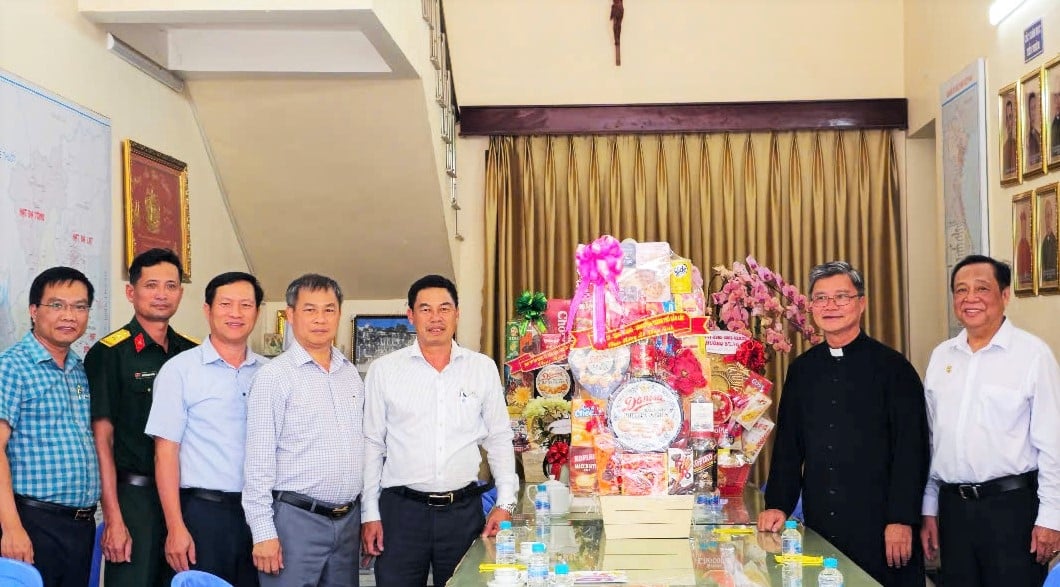















Comment (0)